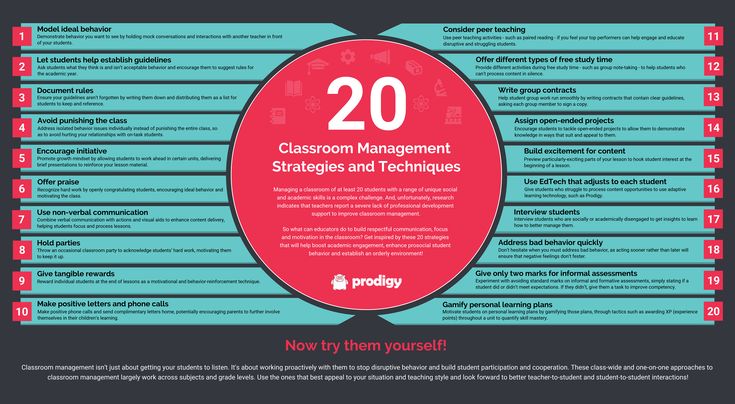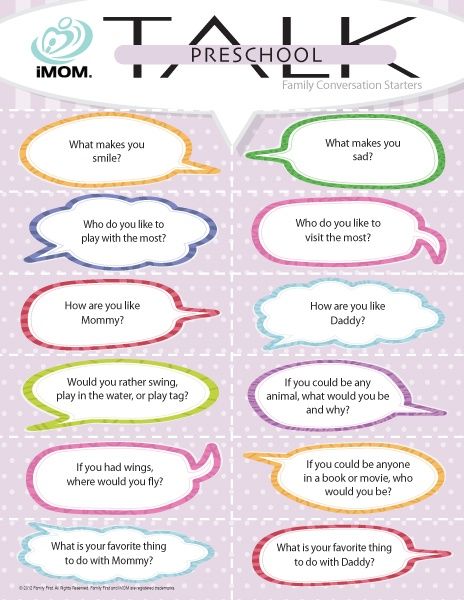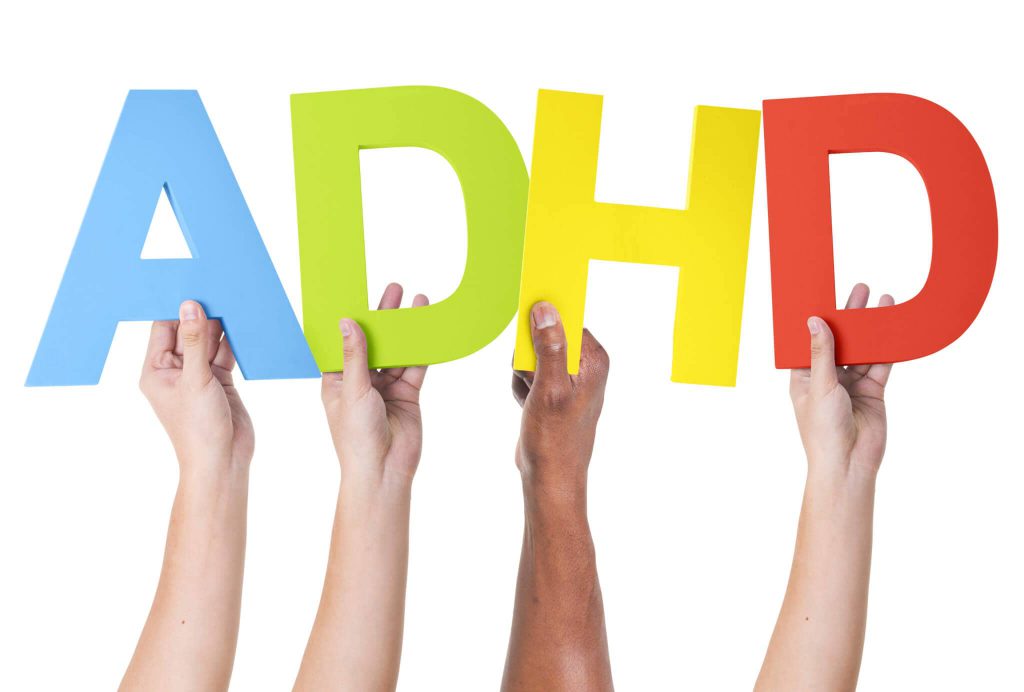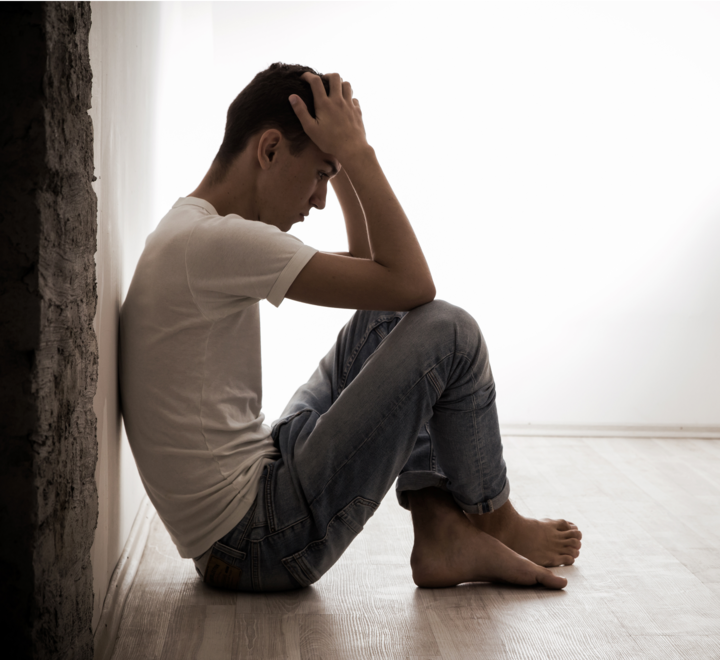Cope with anxiety attacks
11 tips for coping with an anxiety disorder
Speaking of Health
Topics in this Post
- Behavioral Health
- Anxiety
- Balance your mental and emotional health
Having occasional feelings of anxiety is a normal part of life, but people with anxiety disorders experience frequent and excessive anxiety, fear, terror and panic in everyday situations. These feelings are unhealthy if they affect your quality of life and prevent you from functioning normally.
Common symptoms of anxiety disorders include:
- Feeling nervous
- Feeling helpless
- A sense of impending panic, danger or doom
- Increased heart rate
- Hyperventilation
- Sweating
- Trembling
- Obsessively thinking about the panic trigger
These feelings of anxiety and panic can interfere with daily activities and be difficult to control. They are out of proportion to the actual danger and can cause you to avoid places or situations.
You should see your health care provider if your anxiety is affecting your life and relationships. Your provider can help rule out any underlying physical health issue before seeing a mental health professional.
While most people with anxiety disorders need psychotherapy or medications to get anxiety under control, lifestyle changes and coping strategies also can make a difference.
Here are 11 tips for coping with an anxiety disorder:
- Keep physically active.
Develop a routine so that you're physically active most days of the week. Exercise is a powerful stress reducer. It can improve your mood and help you stay healthy. Start out slowly, and gradually increase the amount and intensity of your activities. - Avoid alcohol and recreational drugs.
These substances can cause or worsen anxiety. If you can't quit on your own, see your health care provider or find a support group to help you.
- Quit smoking, and cut back or quit drinking caffeinated beverages.
Nicotine and caffeine can worsen anxiety. - Use stress management and relaxation techniques.
Visualization techniques, meditation and yoga are examples of relaxation techniques that can ease anxiety. - Make sleep a priority.
Do what you can to make sure you're getting enough sleep to feel rested. If you aren't sleeping well, talk with your health care provider. - Eat healthy foods.
A healthy diet that incorporates vegetables, fruits, whole grains and fish may be linked to reduced anxiety, but more research is needed. - Learn about your disorder.
Talk to your health care provider to find out what might be causing your specific condition and what treatments might be best for you. Involve your family and friends, and ask for their support. - Stick to your treatment plan.

Take medications as directed. Keep therapy appointments and complete any assignments your therapist gives. Consistency can make a big difference, especially when it comes to taking your medication. - Identify triggers.
Learn what situations or actions cause you stress or increase your anxiety. Practice the strategies you developed with your mental health provider so you're ready to deal with anxious feelings in these situations. - Keep a journal.
Keeping track of your personal life can help you and your mental health provider identify what's causing you stress and what seems to help you feel better. - Socialize.
Don't let worries isolate you from loved ones or activities.
Your worries may not go away on their own, and they may worsen over time if you don't seek help. See your health care provider or a mental health provider before your anxiety worsens. It's easier to treat if you get help early.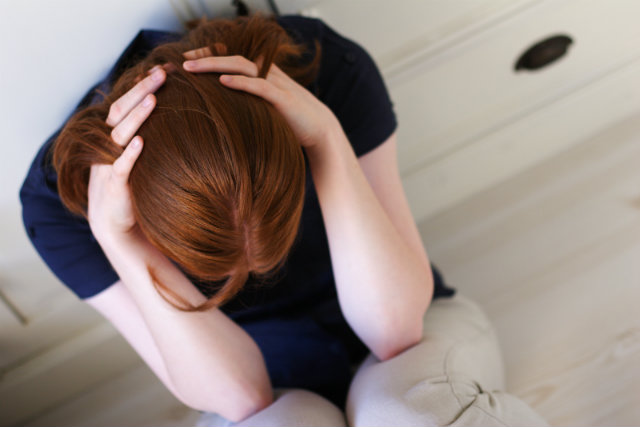
Learn more about anxiety management:
- 5, 4, 3, 2, 1: Countdown to make anxiety blast off
- 9 ways to tame anxiety during the COVID-19 pandemic
- Addressing your mental health by identifying the signs of anxiety and depression
Siri Kabrick is a nurse practitioner in Psychiatry & Psychology in Fairmont, Minnesota.
For the safety of our patients, staff and visitors, Mayo Clinic has strict masking policies in place. Anyone shown without a mask was either recorded prior to COVID-19 or recorded in a non-patient care area where social distancing and other safety protocols were followed.
Topics in this Post
- Behavioral Health
- Anxiety
- Balance your mental and emotional health
Use mindfulness to improve well-being
Tips to help ease anxiety
Anxiety disorders: Is it really all in your head?
How to deal with panic attacks
A panic attack is a feeling of sudden and intense anxiety.
Panic attacks can also have physical symptoms, including shaking, feeling disorientated, nausea, rapid, irregular heartbeats, dry mouth, breathlessness, sweating and dizziness.
The symptoms of a panic attack are not dangerous, but can be very frightening.
They can make you feel as though you are having a heart attack, or that you are going to collapse or even die.
Most panic attacks last somewhere from five minutes to half an hour.
How to handle a panic attack
Professor Paul Salkovskis, Professor of Clinical Psychology and Applied Science at the University of Bath, says it's important not to let your fear of panic attacks control you.
"Panic attacks always pass and the symptoms are not a sign of anything harmful happening," he says. "Tell yourself that the symptoms you're experiencing are caused by anxiety."
He says don't look for distractions. "Ride out the attack. Try to keep doing things. If possible, it's important to try to remain in the situation until the anxiety has subsided. "
"
"Confront your fear. If you don't run away from it, you're giving yourself a chance to discover that nothing's going to happen."
As the anxiety begins to pass, start to focus on your surroundings and continue to do what you were doing before.
"If you’re having a short, sudden panic attack, it can be helpful to have someone with you, reassuring you that it will pass and the symptoms are nothing to worry about," says Professor Salkovskis.
Breathing exercise for panic attacks
If you’re breathing quickly during a panic attack, doing a breathing exercise can ease your other symptoms. Try this:
- breathe in as slowly, deeply and gently as you can, through your nose
- breathe out slowly, deeply and gently through your mouth
- some people find it helpful to count steadily from one to five on each in-breath and each out-breath
- close your eyes and focus on your breathing
You should start to feel better in a few minutes. You may feel tired afterwards.
You may feel tired afterwards.
Visit the No Panic website for another breathing exercise to calm panic.
Ways to prevent panic attacks
"You need to try to work out what particular stress you might be under that could make your symptoms worse," says Professor Salkovskis. "It's important not to restrict your movements and daily activities."
- Doing breathing exercises every day will help to prevent panic attacks and relieve them when they are happening
- Regular exercise, especially aerobic exercise, will help you to manage stress levels, release tension, improve your mood and boost confidence
- Eat regular meals to stabilise your blood sugar levels
- Avoid caffeine, alcohol and smoking – these can make panic attacks worse. Panic support groups have useful advice about how you can effectively manage your attacks. Knowing that other people are experiencing the same feelings can be reassuring. Your GP can put you in touch with groups in your area
- Cognitive behavioural therapy (CBT) can identify and change the negative thought patterns that are feeding your panic attacks
Is it panic disorder?
If you feel constantly stressed and anxious, particularly about when your next panic attack may be, you may have panic disorder.
